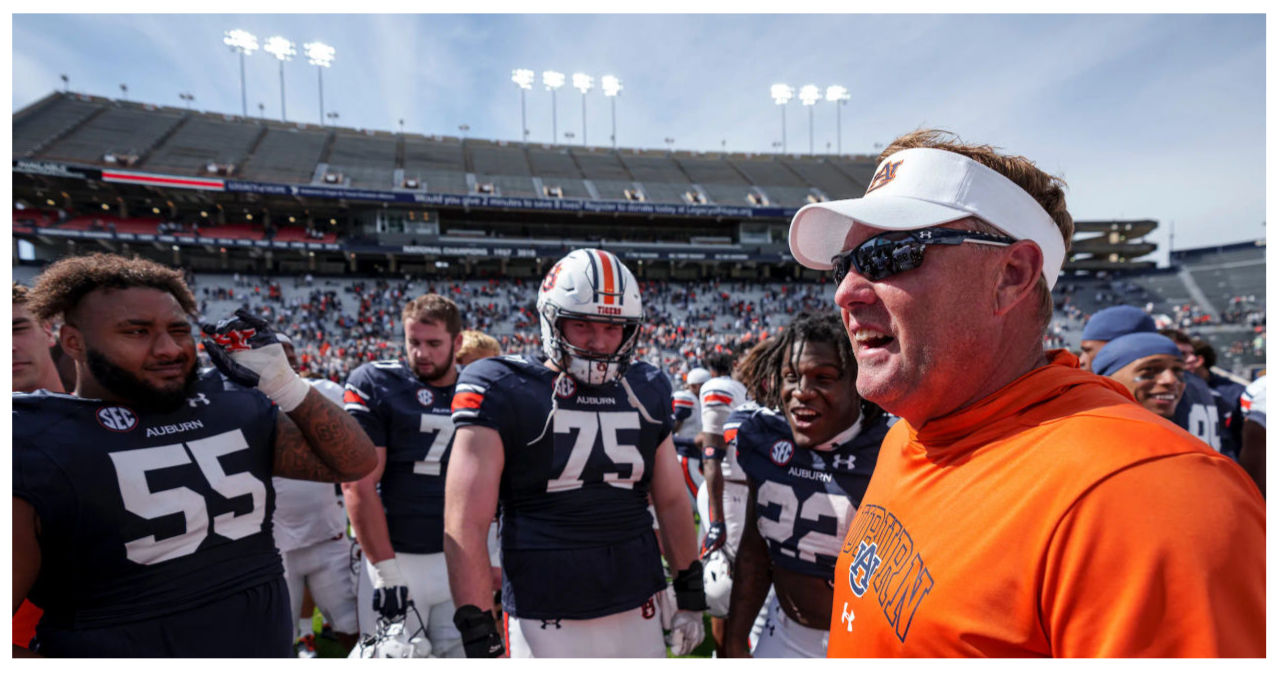According to court documentation, Trayveka Stanley, Reginald Burrell, Dexter Avery, Charlie Gray, Melvin Pringle, and Ranquel Smith have chosen to file a lawsuit against Ivey and Commissioner John Hamm. The lawsuit is in response to Alabama’s 2022 state Constitution, which was ratified by the people of Alabama and includes a ban on slavery in all forms.
The plaintiffs have filed a request with the court to prohibit forced labor in Alabama prisons and ensure protection against retaliation for refusing to work. They are also seeking a court order to prohibit the use of additional work as a form of punishment for violating prison rules. Additionally, they have asked the court to expunge any disciplinary records associated with the 2022 prison strike, which lasted almost a month and aimed to protest against forced labor in Alabama prisons.
According to the lawsuit, prison authorities frequently use the tactic of threatening inmates with solitary confinement and revoking their earned good time if they refuse to work. These actions have a detrimental effect on the prisoners, as it prolongs their sentences and subjects them to harsh living conditions.
The Alabama Department of Corrections was unavailable for comment at the time of the inquiry.
According to the Center for Constitutional Rights, this lawsuit marks a significant milestone in Alabama as it is the first of its kind.
“We decided to initiate this case on May 1, in support of workers globally, as putting an end to coerced prison labor in ADOC is not only about halting the state’s exploitative profit-making from the labor of Black individuals both within and outside of prisons,” expressed CJ Sandley, a staff attorney at the Center for Constitutional Rights, in the official statement. “It is also about eradicating the authority that coerced prison labor grants the state over Black individuals, which is an extension of the control exerted by the state throughout history, from slavery and the Black Codes to convict leasing and Jim Crow.”
According to the Center for Constitutional Rights, all six plaintiffs have faced either punishment or the threat of punishment for their refusal to work.
“The public officials in Alabama are still deeply aligned with their racist and oppressive past from the Confederacy and the Jim Crow era. They knowingly implement and defend policies and practices that deliberately harm and disenfranchise both poor whites and African-Americans. As a result, our lives are filled with hopelessness, despair, and unnecessary suffering. Furthermore, these officials are aware that their actions often force individuals into desperate situations, where they are coerced into criminal activity, leading to their imprisonment by the Alabama Department of Corrections. This serves as a means to perpetuate slavery and involuntary servitude within the state,” expressed Burrell, who is currently incarcerated at Decatur Work Release in Decatur. This statement was made to the Center for Constitutional Rights, shedding light on the ongoing struggle faced by marginalized communities in Alabama.
“I am driven by my burning passion to combat injustice,” expressed Stanley, currently imprisoned at Montgomery Women’s Facility. “This passion shines brighter than my fears. It is crucial for us to take a stand, as failing to do so will leave us vulnerable to anything. The focus of this lawsuit is the issue of unpaid and burdensome state jobs that I, along with my fellow inmates, are compelled to undertake against our will.”
Protests in Support of Palestine: Demonstrators show solidarity with Palestine, urge University of Alabama to address issues
Demonstrators gathered at the University of Alabama to express their solidarity with Palestine and call for the university to take action on the pressing issues. The protest aimed to raise awareness about the ongoing conflict and the plight of the Palestinian people.
The demonstrators, consisting of students, faculty members, and community activists, held signs and banners that demanded justice for Palestine. They voiced their concerns and urged the university to address the underlying issues contributing to the conflict and to take a stand against human rights violations.
During the protest, individuals shared personal stories and anecdotes to shed light on the experiences of Palestinians living under occupation. They emphasized the importance of standing together in solidarity and advocating for justice and equality.
The demonstration also served as an opportunity for individuals to educate themselves and others about the history and complexities of the Israeli-Palestinian conflict. Through speeches, discussions, and informational materials, the protestors sought to foster a deeper understanding of the situation and its implications.
The University of Alabama has a diverse student body, including students of Palestinian descent. The protestors emphasized the need for the university to create a safe and inclusive environment for all students, regardless of their background or identity.
By organizing this protest, the demonstrators hoped to make their voices heard and encourage meaningful dialogue and action. They called on the university administration to engage in open conversations, facilitate discussions on the conflict, and support initiatives that promote peace and justice.
Overall, the protest aimed to raise awareness, foster understanding, and inspire change. The demonstrators hoped that their collective efforts would contribute to a more just and equitable future for all, including the people of Palestine.



